A bubble hotel in Toledo
At Hotel Miluna in the Sierra de Gredos near Toledo, visitors can experience glamping with a bit of a difference. These are no ordinary luxury tents, they’re bubble tents with clear views of the night sky and a strong connection to nature. Each bubble room is named after a planet and comes with its own telescope so that you can spend the night stargazing from the comfort of your bed. Fall asleep under the twinkle of the stars and enjoy its added luxuries such as outdoor hot tubs.
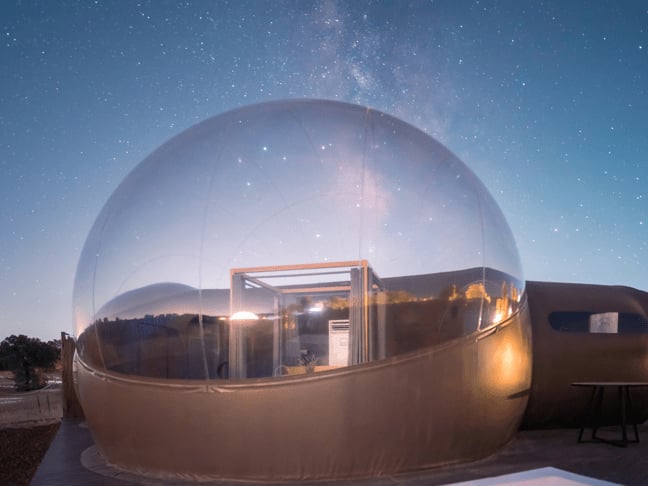
A treehouse hotel in the Basque Country
If you had a treehouse as a child, it was more than likely your wish to be able to spend the night in there and sleep among the birds and the treetops. At Cabañas en Los Arboles, located just north of Vitoria-Gasteiz you can do exactly that, albeit with a few luxuries thrown in. The hotel has a total of 10 treehouses, each one uniquely designed and sitting perfectly camouflaged against the tree canopy. More than just rudimentary tree houses, however, they come with electricity and dry toilets. Some even have running water so you can relax in a bath surrounded by nature.
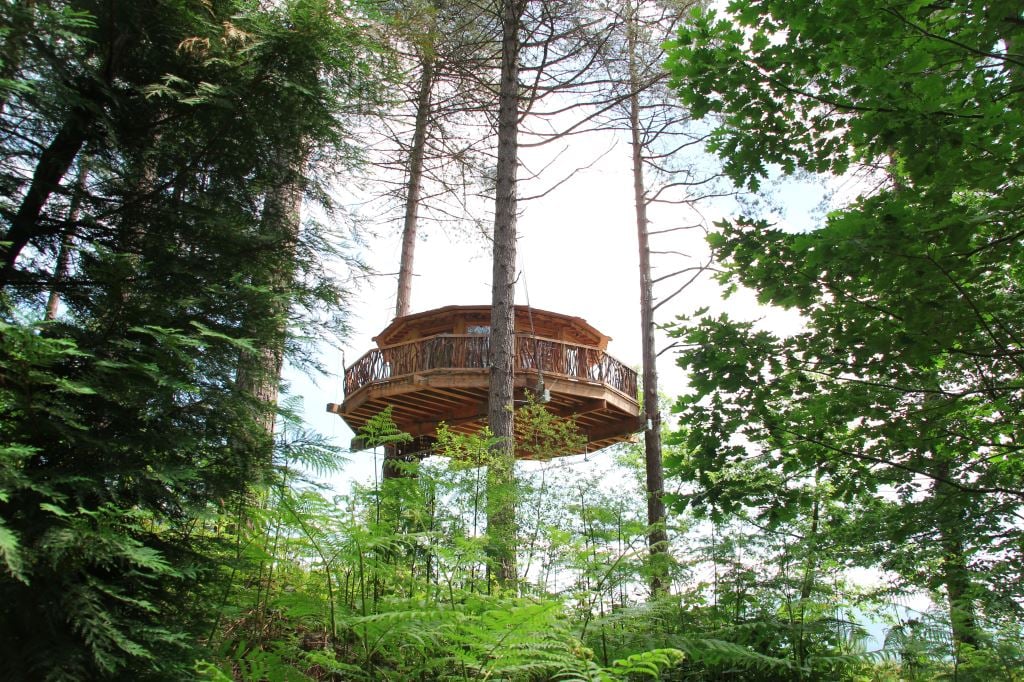
A toy hotel in Alicante
The Hotel de Juguete in the small town of Ibi in the Alicante area is a dream come true for kids and kids at heart. Whatever type of toys or obsession little ones have at the moment, this place has it covered. Choose from various themed rooms such as dinosaur, superhero, Barbie, Mr. Potato Head, Hot Wheels and Playmobil. There are even rooms dedicated to Spain’s three kings – Melchior, Gaspar and Baltasar. Big kids (parents) may enjoy travelling back to their childhoods with a room dedicated to vintage games and characters from Pac-Man to Pink Panther.

A futuristic arts hotel in Madrid
The five-star Hotel Puerta América in Madrid transports you into the future with its decidedly space-age feel and avant-garde design. The hotel’s space club rooms were designed by famous Iraqi-British architect Zaha Hadid and offer flawless stark white décor with flowing curves giving you the idea that you’re on a futuristic spaceship. There are also rooms by other famous designers such as the sleek vanguard ones by French architect Jean-Nouvel, those decorated by Barcelona-based artist Javier Mariscal. Other big names whose work you can sleep in include Norman Foster, Kathryn Finlay and David Chipperfield. Even the hotel lobby and corridors are fascinating spaces – the corridors feel like you’re trapped in the depths of the Starship Enterprise.
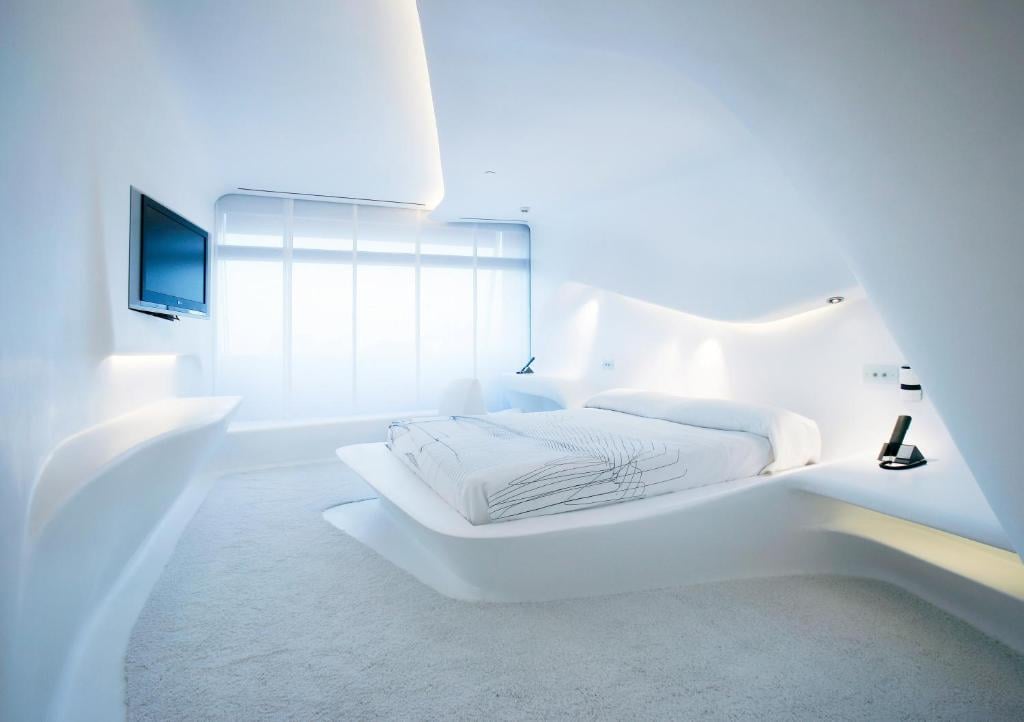
A glass hotel in Catalonia
The extraordinary Les Cols Pavellons are like no other space you’ve ever slept in before. They consist of a series of blue glass cubes that allow the light in from every angle – the walls and the ceiling. Mirrored floors reflect the images of the trees from above so that it feels as if you’re right in the middle of some magical forest. Luxurious spa rooms add to the decadence and feeling of peace and nature.
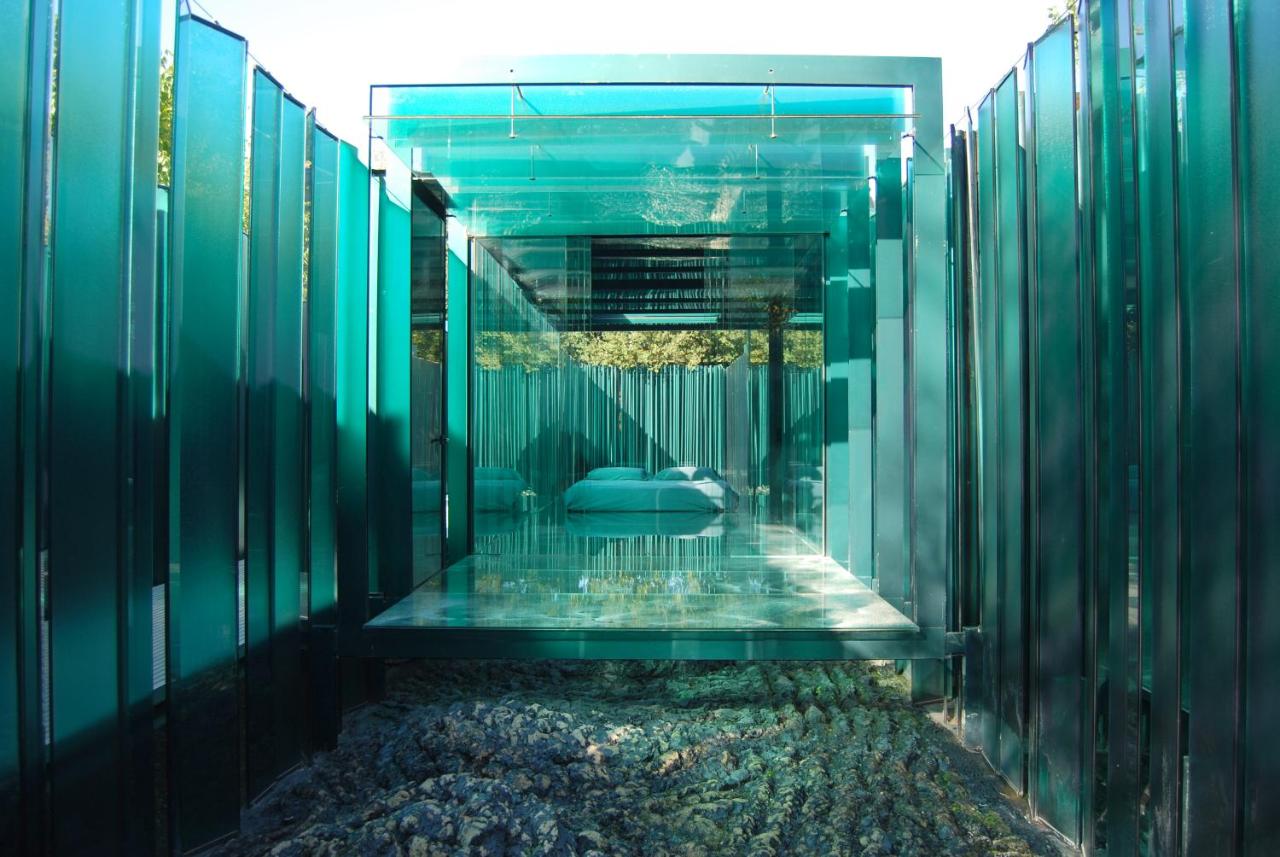
A cave hotel in Granada
Spain is home to many different cave homes, but nowhere are they more present or famous than in Granada. Locals still live in many of these unique underground houses, but others have been turned into hotels or tourist rentals. Cuevas Al Jatib in Baza, Granada is one such place where you can experience true troglodyte living. They have five caves in total sleeping from two all the way up to 11 people and each one functions like a separate apartment complete with kitchens. Far from being what you’d imagine a cave to be – dark, damp and cold, these are cosy, dry and have all the mod cons cavemen wouldn’t even be able to dream of.
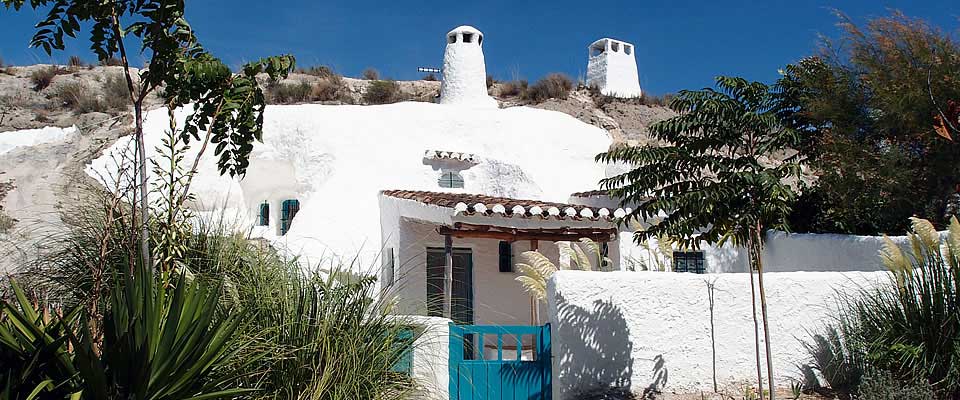
A quirky-designed wine hotel in La Rioja
Frank Gehry the award-winning American architect who designed Bilbao’s fabulous Guggenheim Museum designed a similar building among the vineyards in La Rioja – the Marqués de Riscal – an extraordinary place where you can spend the night. Made from huge curved sheets of Titanium, which twist and turn like rippling ribbons, it’s coloured in shades of purple to match the colour of the grapes in the surrounding vineyards. Not merely a hotel, this whimsical place is also a winery with a vinotherapy spa, wine tours and of course tastings.
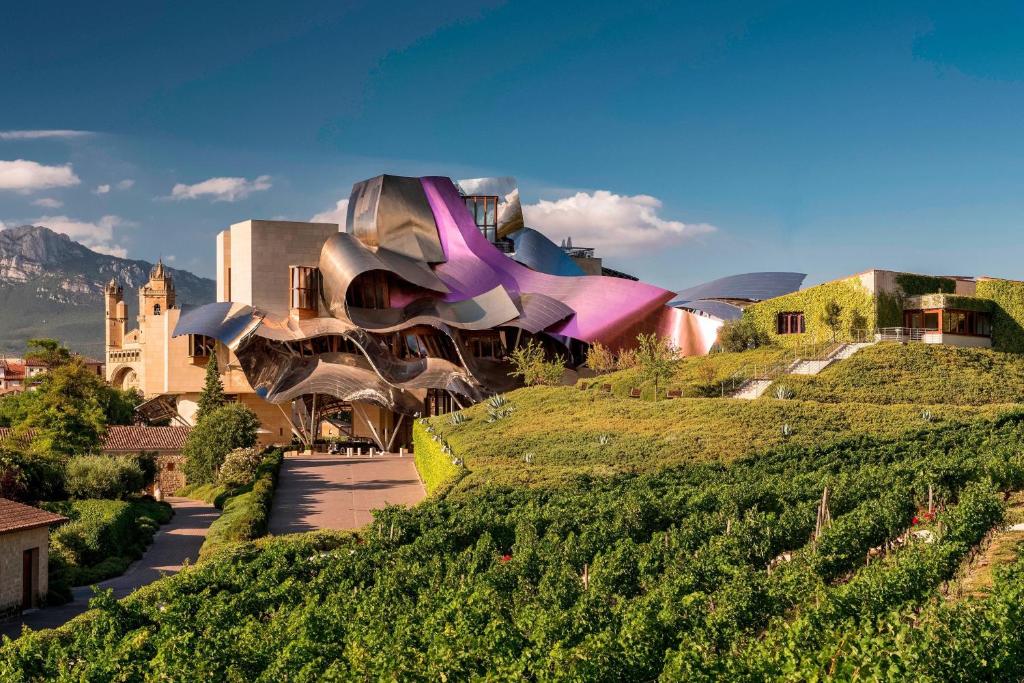
A cinema hotel in Madrid
Movie fans will fall in love with Madrid-based DormirDCine where you can spend the night in cinematic Hollywood-themed rooms. Accommodation features huge murals based on epic films and famous directors and actors. Sleep surrounded by movie scenes from Amélie, King Kong, Mary Poppins or Memoirs of a Geisha or enter the worlds of Woody Allen, Marlene Dietrich, Tim Burton and Steve McQueen.
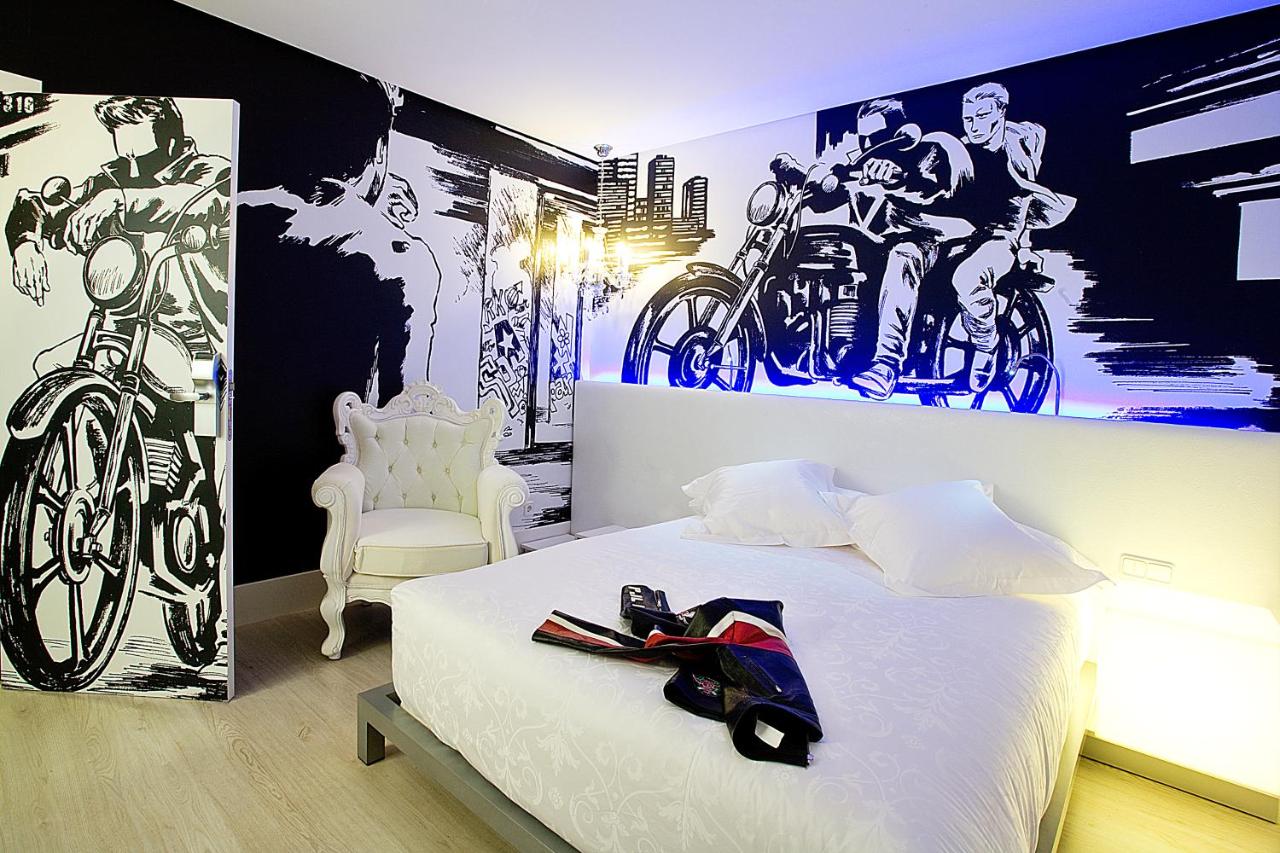
An eco-design hotel in the mountains in Alicante
On the shores of the Guadalest Reservoir in the province of Alicante, sits a very unique eco-hotel concept that blends in perfectly with its natural environment. The Vivood Landscape Hotel comprises a range of box rooms each with sustainable living at their heart. Each box is fronted entirely by glass, bringing the dramatic mountain vistas inside and merging with its natural environment so as not to create an eyesore upon this wild landscape.

A fortress hotel in Mallorca
Clinging to the edge of the Bay of Palma on the island of Mallorca sits a magnificent 19th-century military fortress, turned luxury hotel – Cap Rocat. Enter through its castle-like gateway into the main square, reminiscent of Moroccan medinas fringed with palms and filled with fountains. The rooms are far from the military barracks they once were, now sumptuous suites set between the thick star-shaped walls.
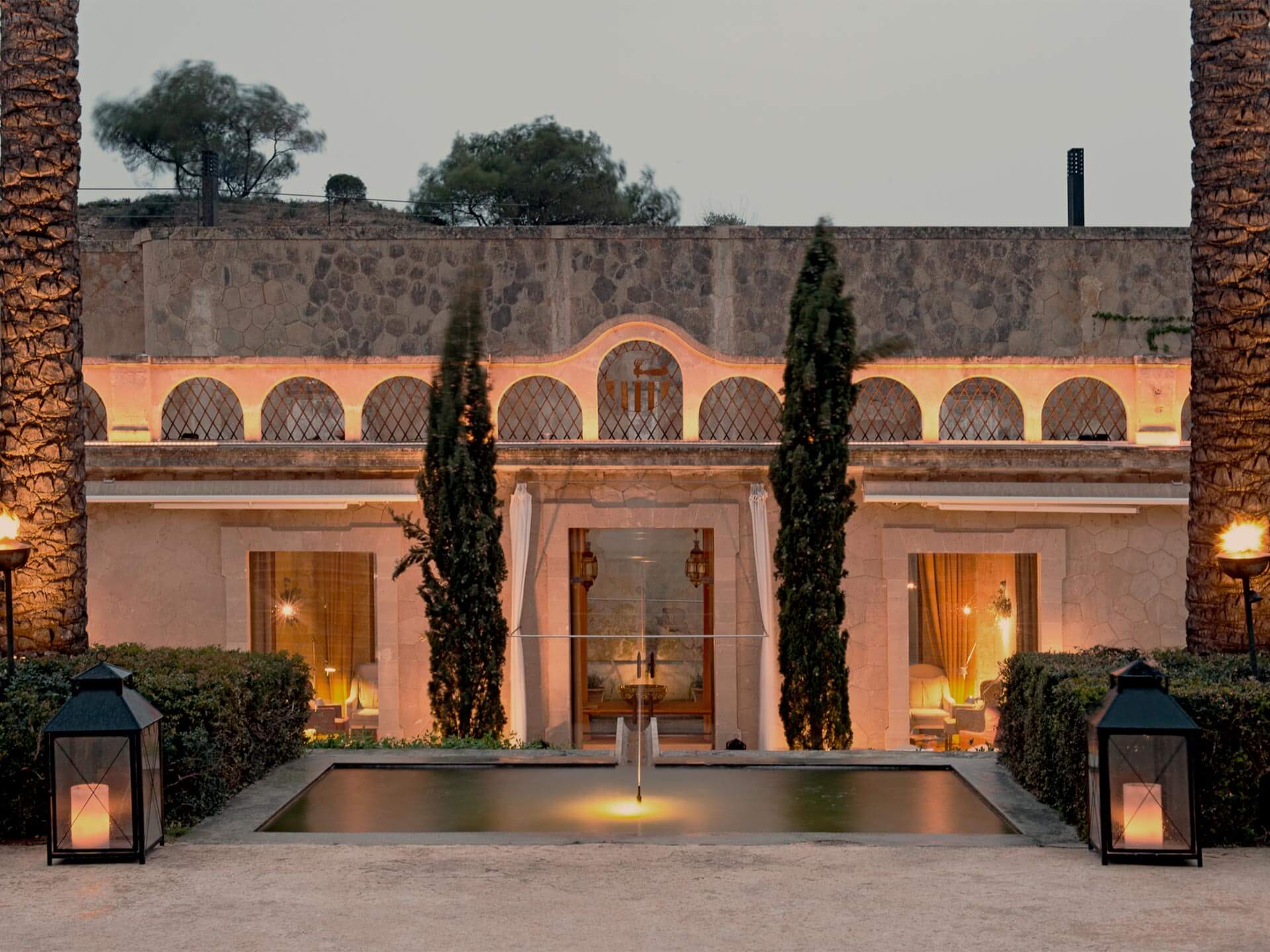

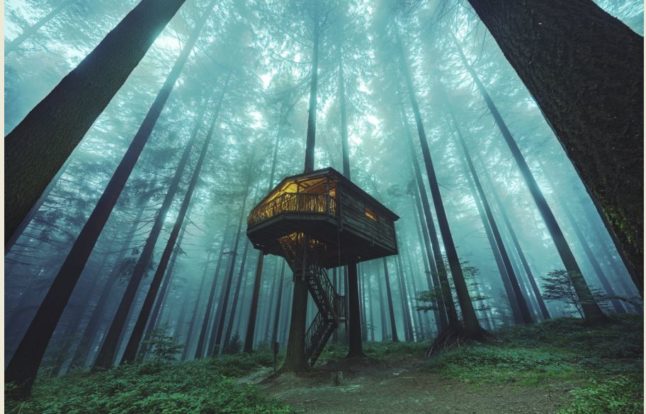
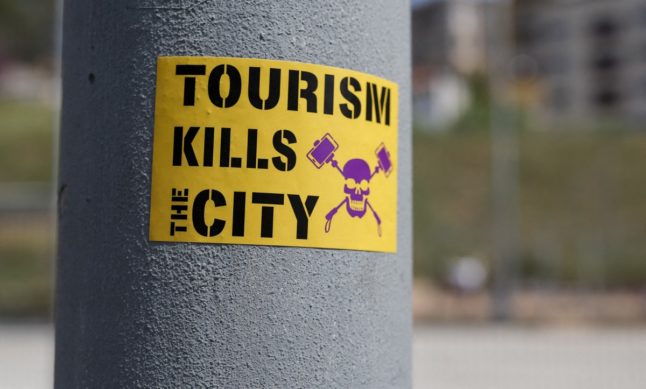
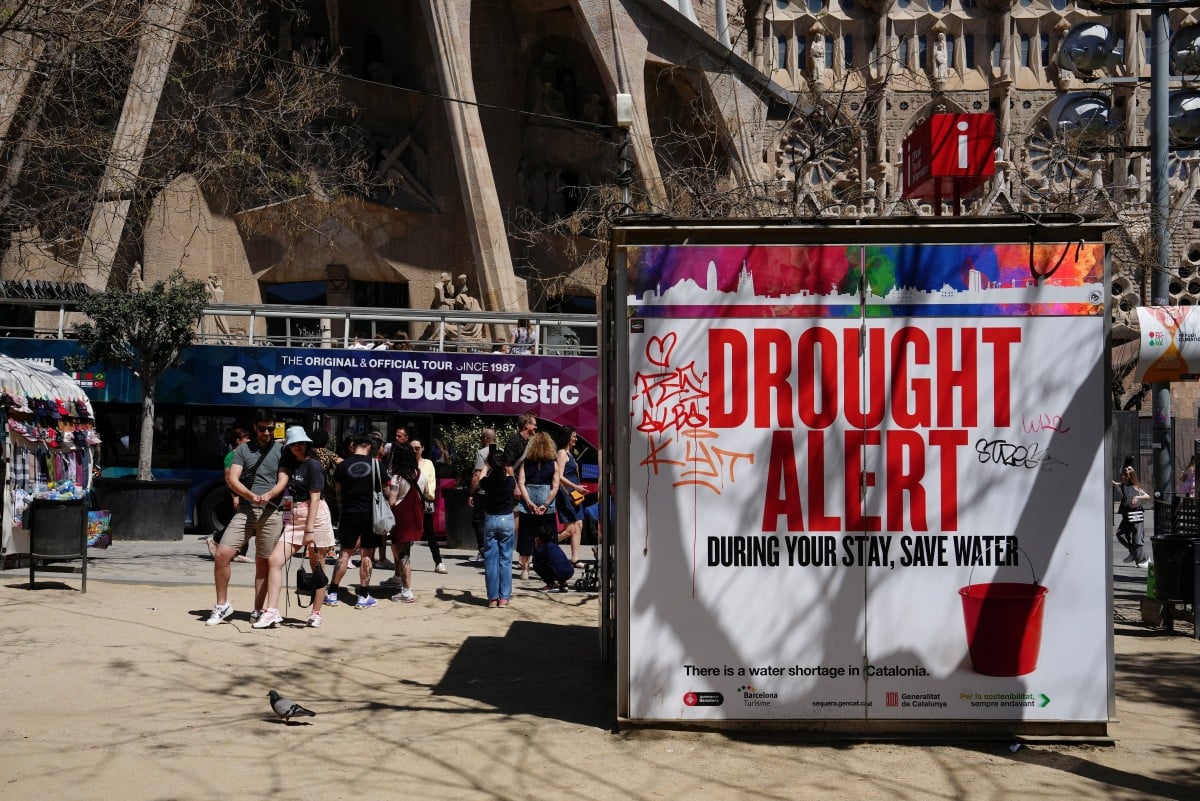
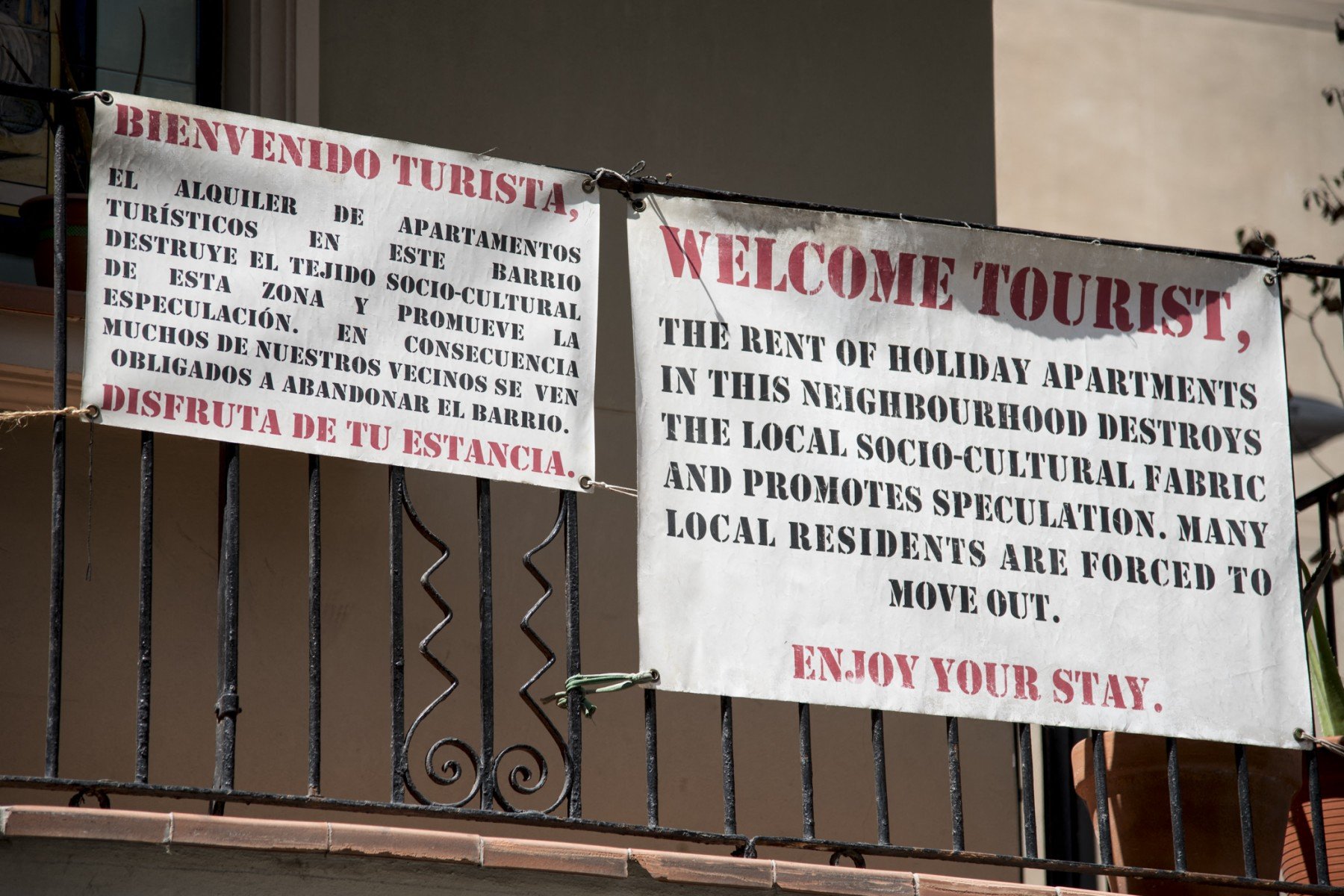
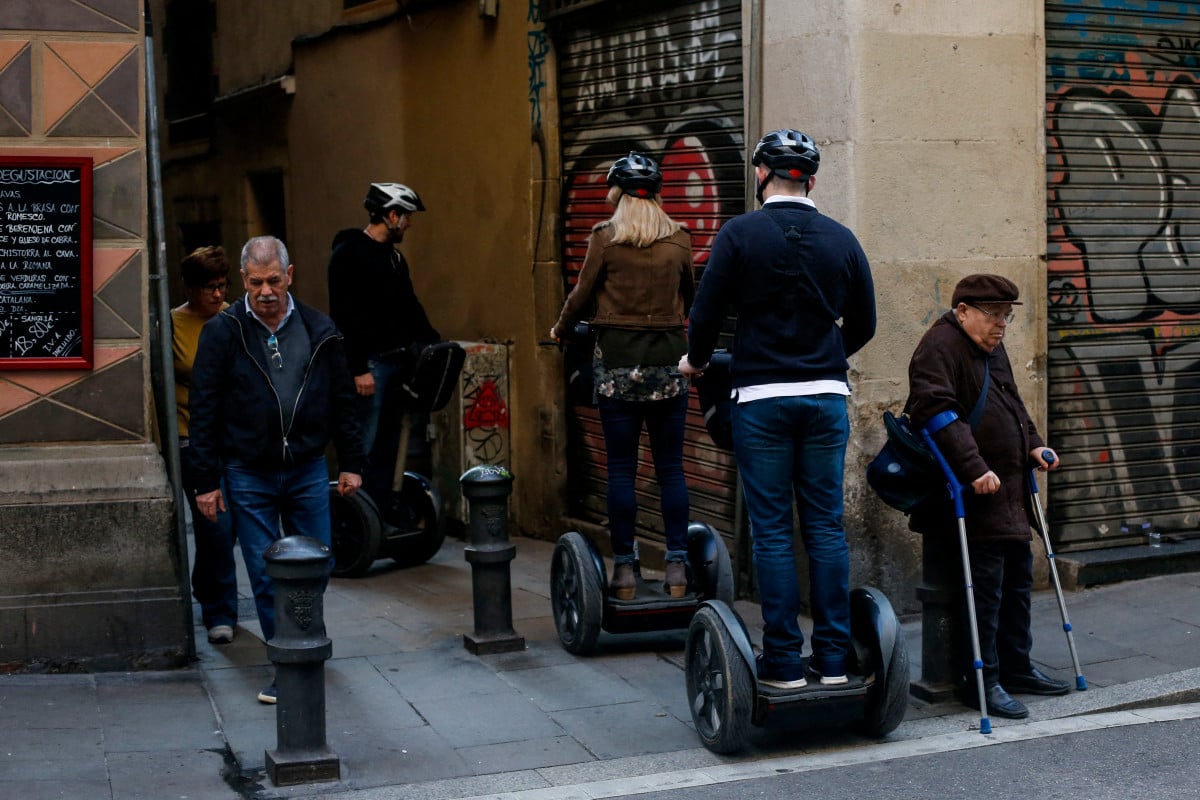
 Please whitelist us to continue reading.
Please whitelist us to continue reading.
Member comments